The FDA will fast-track cheaper biosimilar drugs, easing human trial rules and challenging Big Pharma’s profits as Washington pushes for affordability and competition in complex biological medicines.
The US Food and Drug Administration (FDA) has announced new measures to accelerate the approval of biosimilar medicines, generic versions of complex biologics engineered from living cells, marking a major shift in the pharmaceutical landscape.
The regulator said it would relax requirements for human trials when approving biosimilars, a move expected to lower costs, speed market entry and intensify competition against high-priced branded drugs. The decision follows months of political pressure to bring down healthcare costs and aligns with President Donald Trump’s broader agenda to make medicines more affordable.
The new policy directly challenges the dominance of major US drugmakers such as Pfizer, Eli Lilly, Merck and Bristol Myers Squibb, all of which have seen market performance lag amid growing scrutiny of pricing and patent strategies. Industry groups, including PhRMA, have criticised the policy, claiming it favours generic manufacturers and risks reducing treatment options.
Biosimilars already saved the US healthcare system an estimated $20 billion in 2024, according to FDA data. Prices for these drugs typically run at half the cost of their branded counterparts, which tend to rise unchecked without competition.
The move echoes Europe’s more liberal stance, where the European Medicines Agency approved 110 biosimilars last year compared with the FDA’s 42.
While the changes are likely to drive innovation and access, they also threaten some of the pharmaceutical industry’s most lucrative revenue streams, potentially reshaping the balance between affordability, profit and patient care.
Read more on how the FDA’s reforms could reshape global pharma in the full article.

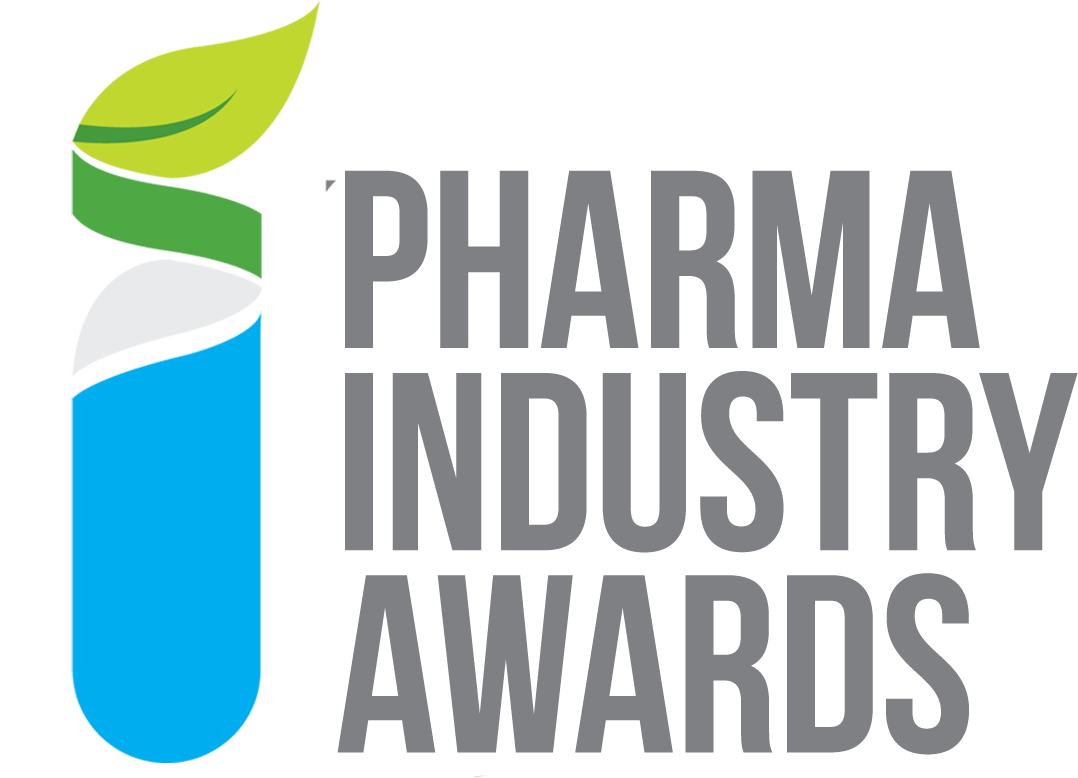

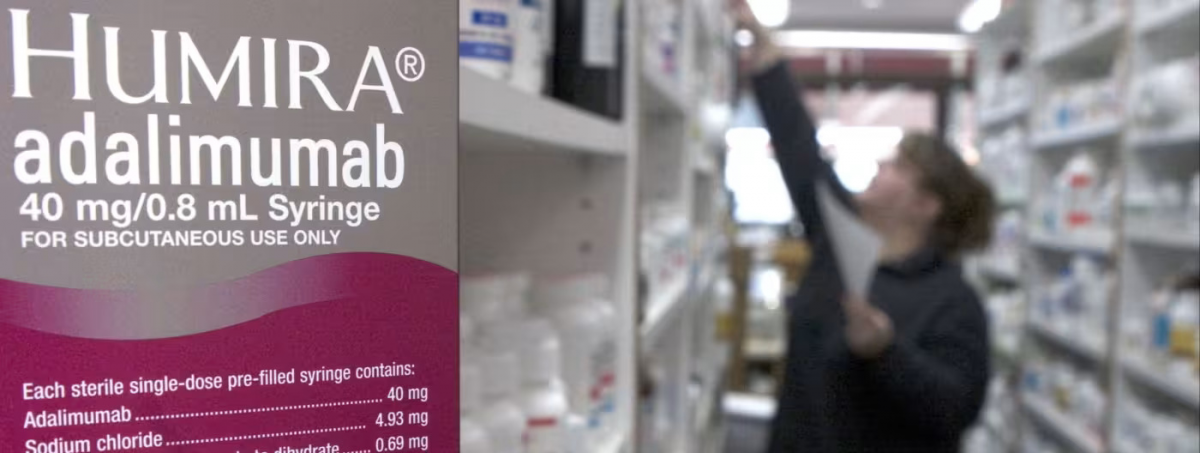
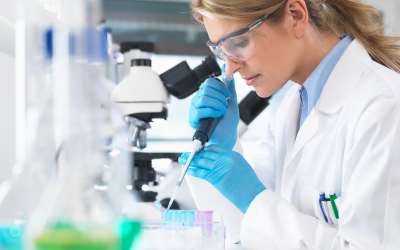
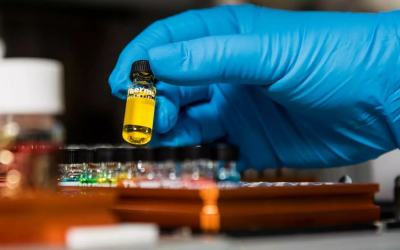
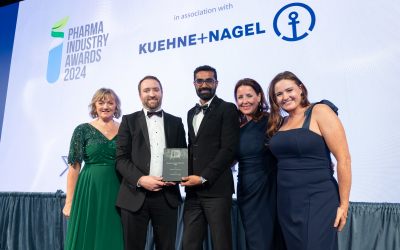


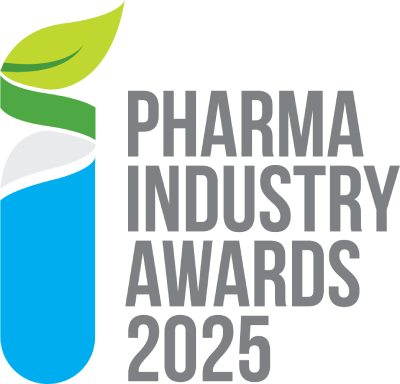
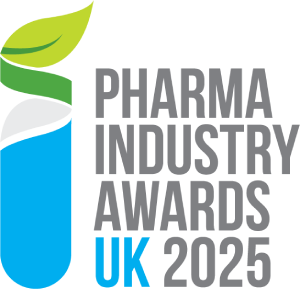
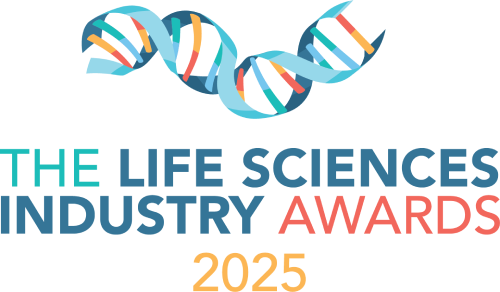
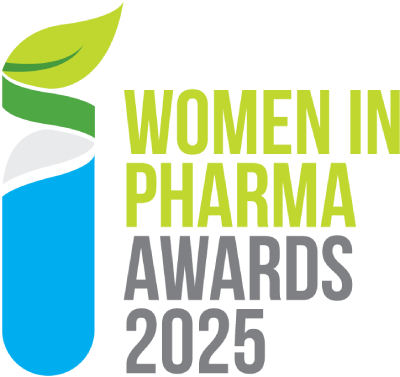



.png)

